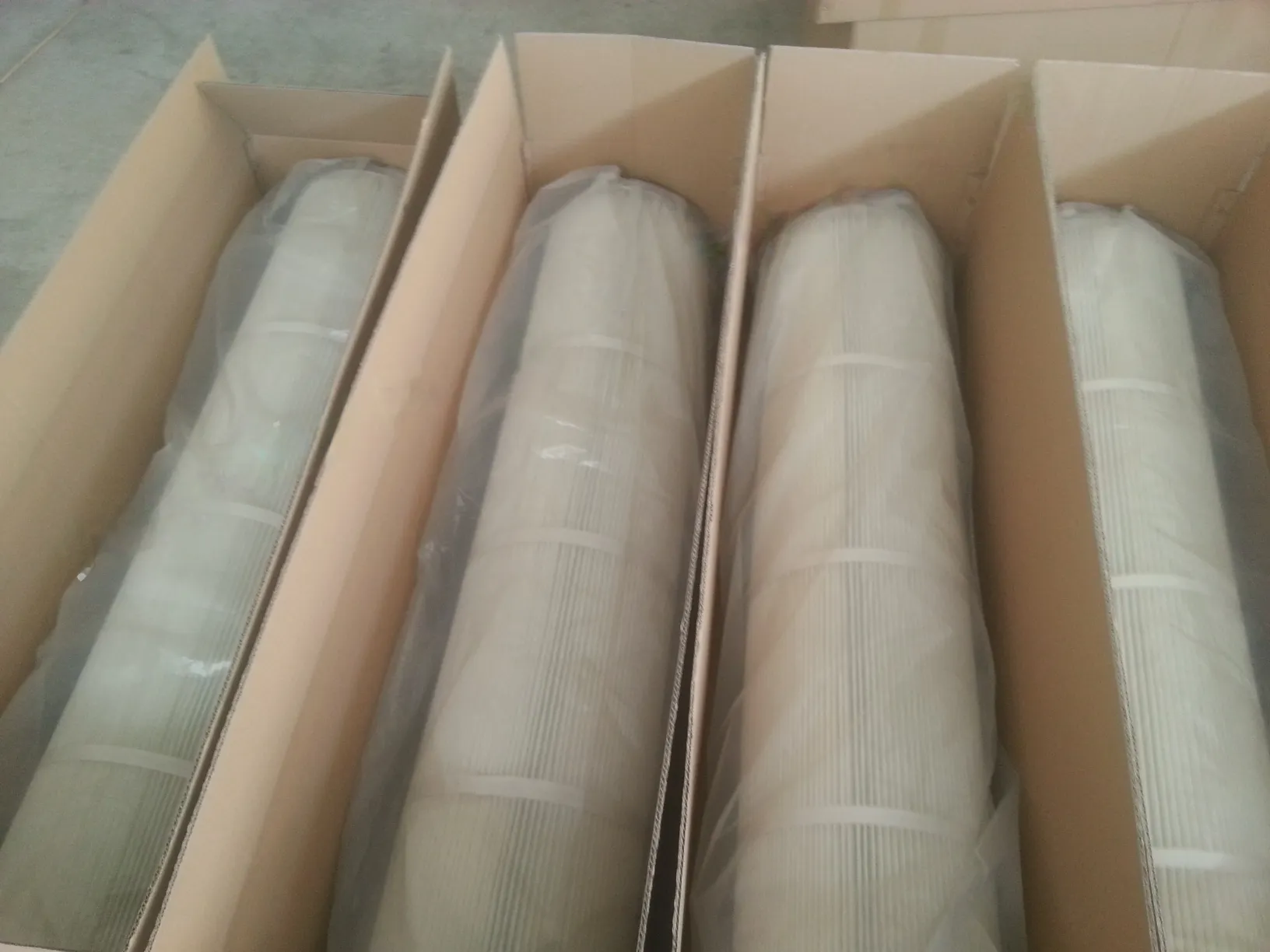 Tel:
+8615930870079
Tel:
+8615930870079
Nën . 25, 2024 06:35 Back to list
Exploring the Benefits of Metal Filter Elements in Modern Filtration Systems
Understanding Metal Filter Elements Importance, Applications, and Innovations
Metal filter elements are critical components used in various industries for the filtration of liquids and gases. They serve a vital role in ensuring the purity and quality of products, protecting equipment, and enhancing the efficiency of processes. This article delves into the characteristics, advantages, applications, and future trends of metal filter elements.
Characteristics of Metal Filter Elements
Metal filter elements are typically made from a variety of alloys such as stainless steel, titanium, and nickel. Their construction can involve woven mesh, sintered metal, or perforated plates, depending on the desired filtration capability. One of the most significant qualities of metal filters is their durability; they can withstand extreme temperatures, pressures, and corrosive environments which often render other materials unsuitable for similar applications.
The filtration precision can vary considerably based on the manufacturing process, with some filters designed to remove particles as small as a few microns. This makes them ideal for applications requiring high levels of purity and reliability.
Advantages of Metal Filter Elements
1. Durability Metal filter elements are robust and can last much longer than their non-metal counterparts. This longevity reduces replacement frequency and, consequently, the overall cost of operation.
2. Heat Resistance They can maintain their structural integrity and filtration efficiency at high temperatures, making them suitable for industries such as automotive, aerospace, and chemical processing.
3. Chemical Resistance Many metal filters can resist aggressive chemical environments, eliminating the risk of filter degradation.
4. Reusability Unlike disposable filters, metal filter elements can often be cleaned and reused, providing a more sustainable and economical solution in the long run.
5. Higher Flow Rates Metal filter elements can accommodate larger flow rates without compromising filtration efficiency, which is particularly essential in high-demand industries.
Applications of Metal Filter Elements
metal filter element

Metal filter elements find applications across a range of industries
- Automotive Used in fuel and oil filtration systems, they ensure that contaminants do not damage engines and related components.
- Pharmaceuticals In the production of drugs and vaccines, maintaining sterility and purity is crucial; metal filters help achieve these stringent standards.
- Food and Beverage They are employed to filter out impurities from liquids, ensuring the safety and quality of consumables.
- Oil and Gas In upstream and downstream processes, metal filters protect equipment from particulates that can cause wear and system failures.
- Chemical Manufacturing Metal filters help in separating by-products and contaminants, ensuring the efficiency of chemical reactions and processes.
Innovations and Future Trends
The market for metal filter elements is experiencing innovative advancements driven by the need for improved performance and adaptability. Recent trends include the development of advanced filtration technologies such as pleated filters that provide higher surface area and, consequently, better filtration efficiency.
Furthermore, the integration of smart technology in filters—incorporating sensors to monitor performance metrics—is setting new standards in filtration. These smart filters can provide real-time data, allowing for predictive maintenance and minimizing downtime in industrial operations.
Moreover, sustainability concerns are leading to increased interest in recycling efforts and the development of filters from eco-friendly metals that do not compromise on performance or safety.
In conclusion, metal filter elements are indispensable in maintaining the quality and safety of various industrial processes. Their durability, resistance to harsh conditions, and ability to be cleaned and reused make them a superior choice for many applications. As technology continues to evolve, the innovations in metal filtration will likely enhance their efficiency and adaptability further, ensuring their continued relevance in an ever-changing industrial landscape.
-
Nano Fiber Technology: Revolutionizing Cartridge Dust Collector FiltersNewsAug.06,2025
-
How Activated Carbon Air Cartridges Eliminate OdorsNewsAug.06,2025
-
Dust Filter Cartridge Handling Fine Particulate MatterNewsAug.06,2025
-
Cartridge Dust Collector Filter for Welding Fume ExtractionNewsAug.06,2025
-
Activated Carbon Filter Cartridge Effectiveness Against VOCsNewsAug.06,2025
-
Activated Carbon Air Filter Cartridge Benefits ExplainedNewsAug.06,2025

 Email:
Email:





